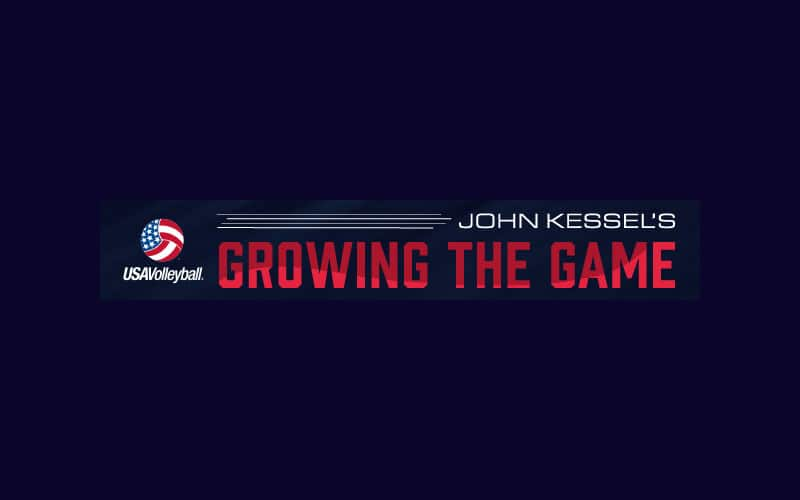
Research has shown that feedback is the most impactful change a coach makes. It’s important to make your feedback more effective in practice, competition and life.
First, monitor your nonverbal feedback. Have someone video you in practice and competition. Is your body language consistent with your coaching philosophy and what you know is effective in teaching? The late John Wooden used these words often (from a poem): “No written word, no spoken plea can teach our youth what they should be. Nor all the books on all the shelves. It’s what the teachers are themselves.”
Second, are your words teaching extrinsically or intrinsically? In other words, pun intended, are you telling your players what to do, or asking them what to do?
Your players will remember your words longer than you will. Longtime volleyball coach Marv Dunphy taught me to limit sarcasm, which has its roots in the Greek word “to tear flesh.” As we say in Volleyball Coaches and Trainers guidelines “Say what you mean, mean what you say, but don’t be mean when you say it.”
How do you talk to yourself? Limit absolutes like “never” and “always.” Failure is a key part of learning and while it no doubt is frustrating, it’s not something to dwell over in your words. It’s a chance to learn again In writing and in coaching there are words that also can be eliminated or limited, such as “you know,” “really,” “honestly,” “absolutely” and “very.”
Be specific. While you should be encouraging, the best teachers and coaches are specific in their wording. According to studies, Wooden was specific more than 75% of the time.
When I was a young coach, I often said phrases like
- “That’s it!”
- “Way to go!”
- “I like that!”
- “Good job!”
- “That’s not it!”
Add a comma after any of your encouraging phrases like these and fill in the blank with what you want to commend.
- “That’s it, the way you swung like a pendulum!”
- “I like that, as you went from slow to fast!”
There are also words that will be difficult to change, but they will be worth it.
Try
This is perhaps the most used word in coaching and parenting, but it just gives an excuse for not doing something.
There is a huge difference between answering something with “I’ll try” as in, “Party at your place at 8? I will try to be there,” versus saying “I will be there.” We all know this to be true yet keep using this word to allow for failure. Get rid of it and focus on success.
But
This word simply cancels out anything said before it. “That was a great play you did, but... “ This one is simple to change so the compliment can still be heard, just use “and” instead. Now, your players will still hear the compliment.
Can't
You will never ask a player to do something impossible. They just need you to give them their starting parameters as in “Since this is new, I am looking for 1 of 10 success as you first learn it” or any realistic measure for that player. We simply must get this word out of the gym.
Don't
This one is a challenge to limit. The classic question of “don’t think about pink elephants” and then seeing what you're thinking about has a powerful sport impact as well. Getting rid of the word “don’t” and the millions of non-desired options, and focusing each player on what we DO want, will go a long way to seeing faster learning.
You/Your
This one is even important to change in individual sports and clearly impacts team sports. Change “you” to “we” or “I,” and watch how that “threat” changes to teamwork.
Should
This judgment is one where we fail to accept reality. When used by a player it’s a form of self-criticism. Using a negative emotion to make positive change is not effective. Focus on the why and the fact that this is simply a process that takes time, not something that switches on or off. It’s also helpful to problem solve in this process, so the change that “should” happen can be more proactive and can be seen happening.
Words to Keep
Keep the words “why” and “yet” in your gym.
The coach who knows why beats the coach who knows how, and the player who knows why beats the player who knows how. Asking and guiding discovery to the why gives players more empowerment and understanding.
Words are free, but how you use them may cost you.

